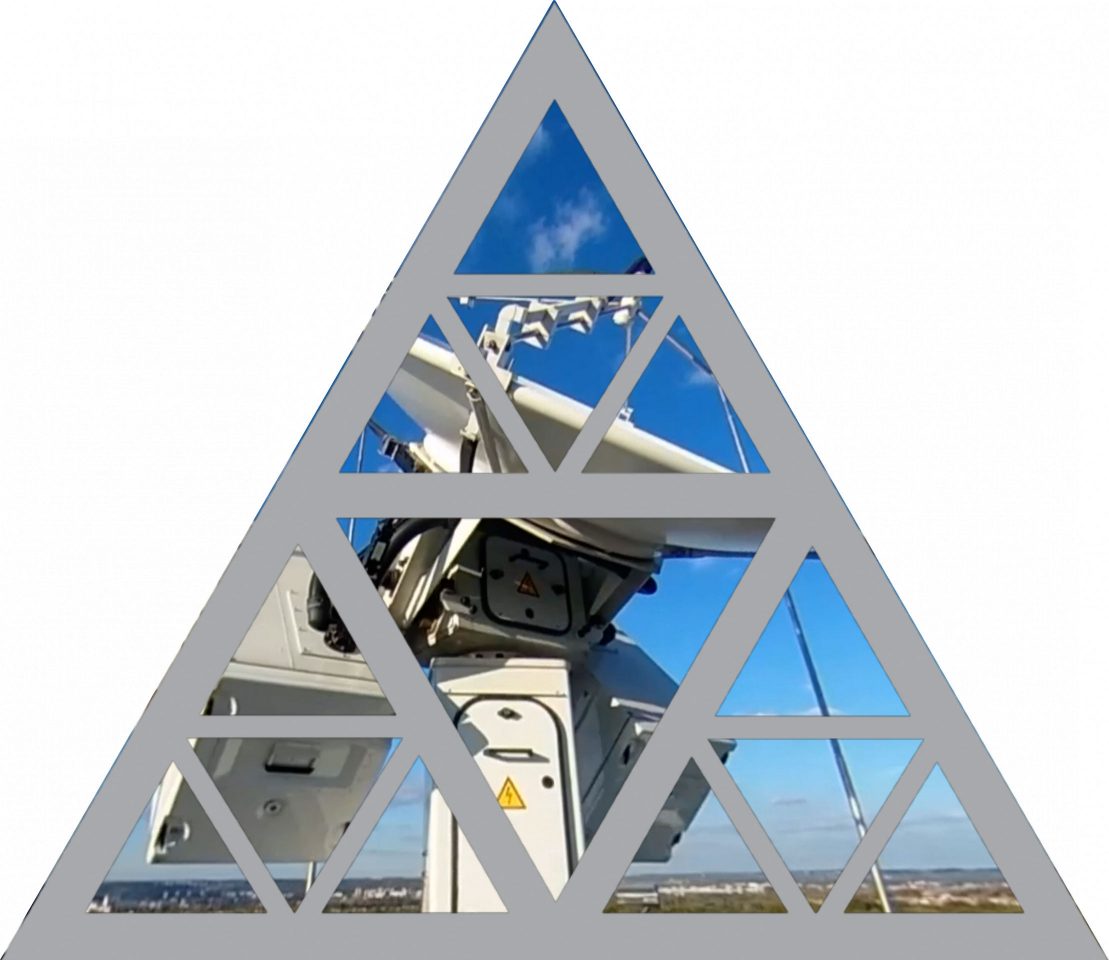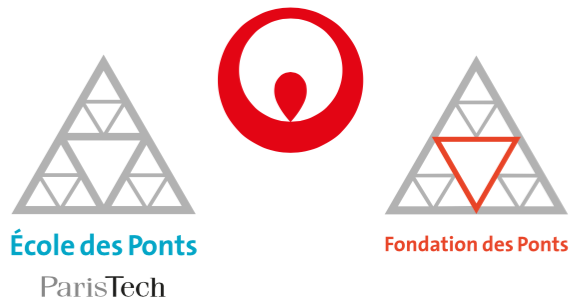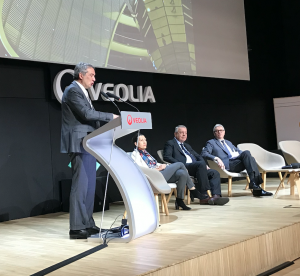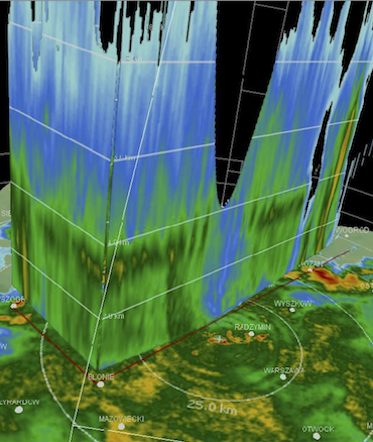
The Chair Hydrology for Resilient Cities was founded in 2010 and corresponds to a long term (10 years) partnership between Veolia, Fondation des Ponts and École des Ponts ParisTech.


The Chair has the ambition to create at École des Ponts ParisTech an international centre of excellence in education and research for engineers, researchers and top managers to take up the technical challenges of the city of tomorrow and improve its resilience to extreme weather, water and climate change.
Experiments take a large place: the Chair exploits the recent technological innovation of the hydro-meteorological polarimetric X-band radars, as well as those of disdrometers and lidars.
Context & Scientific Challenges
Water management and control are more than ever key issues for our urban systems. Various events remind us quite regularly that our cities are highly vulnerable to extreme weather. Thus, urban flooding remains the most expensive natural disasters in France.

The context is characterised by climate change, which should lead to more frequent extreme climate-related events according to the Intergovernmental Panel on Climate Change and the pursuit of urban development. These two drivers are likely to deeply alter the water cycle in urban environment. Thus, the fact that urban areas are largely impervious can not only generates flash floods, but also significantly reduces the recharge of the phreatic tables.

Urban hydrology has to be largely revisited because of pressing scientific stakes, technical and socio-technical issues so that managers can access to a new control of water flows and pollutants, with the help of higher resolution data and more sophisticated models and decision tools. Thus adaptation to climate change will require profound socio-technical changes for managers, but also in the regulation, due to the non-stationary climate.
These few contextual elements emphasise the complexity of scientific and technical issues to overcome to develop a hydrology for resilient cities.
- Flyer (2019)
- Download the leaflet “Chair Hydrology for Resilient Cities”
- Read the interview “Three questions to Antoine Frérot, CEO at Veolia” (French)
- Look at a video made by AGU TV on the occasion of the 2017 Fall meeting
